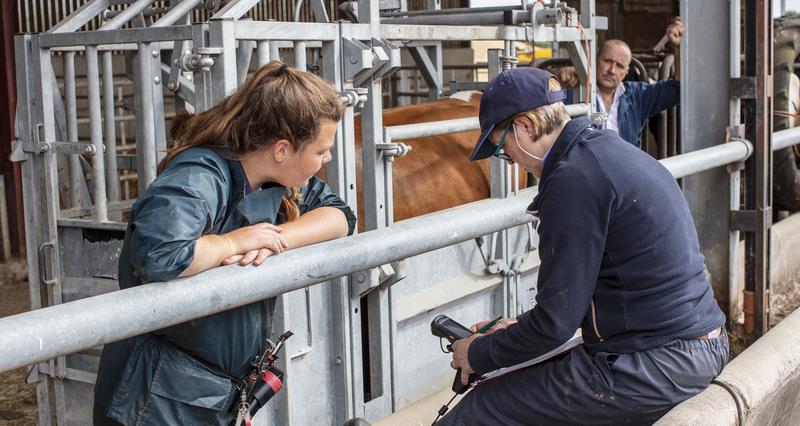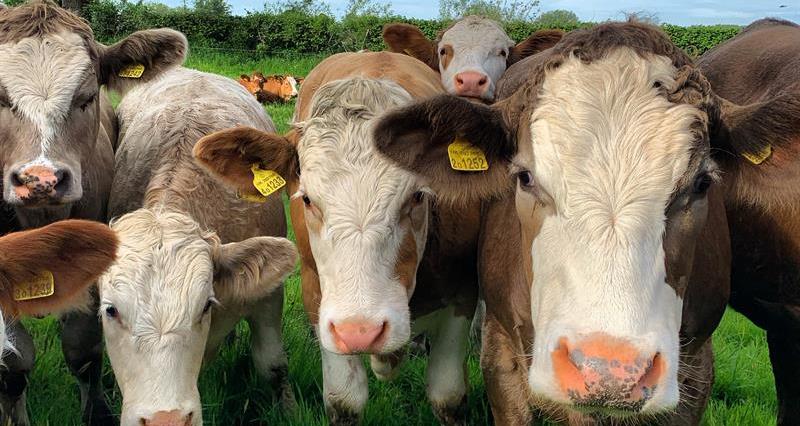The government is inviting cattle keepers to volunteer their herds for the next phase of field trials for a new bTB vaccine and companion skin test.
This is a unique opportunity to contribute to ground-breaking research that aims to eradicate bTB and protect the livelihoods of farmers.
Vital to have access to all the tools
Responding to the news, NFU President Tom Bradshaw said: “If we are to stand any chance of eradicating this devastating disease, it is vital that we have access to all the tools that have been proven to reduce bTB in our cattle and our countryside; increased cattle testing, vaccination of badgers, where viable, and the culling of badgers where the disease is endemic.
“These tools must include a workable vaccine for cattle and associated DIVA test. Both are needed, and they would represent a significant step forward in the fight against bTB.
“I encourage farmers whose herds meet the criteria to get involved with the project if they can, and play a critical part in increasing our chances of eradicating this terrible disease.”
NFU President Tom Bradshaw
“It is essential that everything is done to make sure a vaccine is the most effective it can be when it is made available for use, which is why these field trials are so important.
“I encourage farmers whose herds meet the criteria to get involved with the project if they can, and play a critical part in increasing our chances of eradicating this terrible disease.”
Next steps
Laboratory studies have indicated that the vaccine and DIVA (Detect Infected amongst Vaccinated Animals) skin test are safe and that the test performs well, under controlled environments.
The next stage following the Stage 2 field trials is to gather further information on the performance of the DIVA skin test in real-world herds. It is essential to ensure that bTB-infected cattle that are vaccinated can be detected reliably among vaccinated and disease-free animals.
The next phase of the field trials (Phase 3) will take place on commercial cattle farms in areas of England and Wales where there is a low incidence of bTB. This is similar to the two earlier phases, and work is due to be completed in 2026/7.
How to take part
The APHA (Animal and Plant Health Agency) is looking to recruit around 750 animals from at least 10 farms in the LRA (Low Risk Area) of England and the low bTB area of Wales.
The trial will involve a proportion of each herd, and animals must remain in their herds until the end of their productive lives. Full details of the eligibility criteria are available on the TB Hub.
If you are interested in learning more about your herd taking part in this vital work, please contact the APHA by emailing TB.Advice@apha.gov.uk.
You can also contact NFU CallFirst for further advice, on 0370 845 8458 or email tb.queries@nfu.org.uk (NFU members only).
The field trials can only succeed with the help of famers, and the NFU encourages anyone eligible to find out more and play their part in tackling bTB.



